Prepare to see Cressida Bonas star in must-see murder drama White House Farm
New ITV series White House Farm re-tells the infamous Bamber murders, with Prince Harry’s ex Cressida Bonas in a starring role. Here, Michelle Davies reveals the tragedy of a family massacred and how the double child killer was finally caught

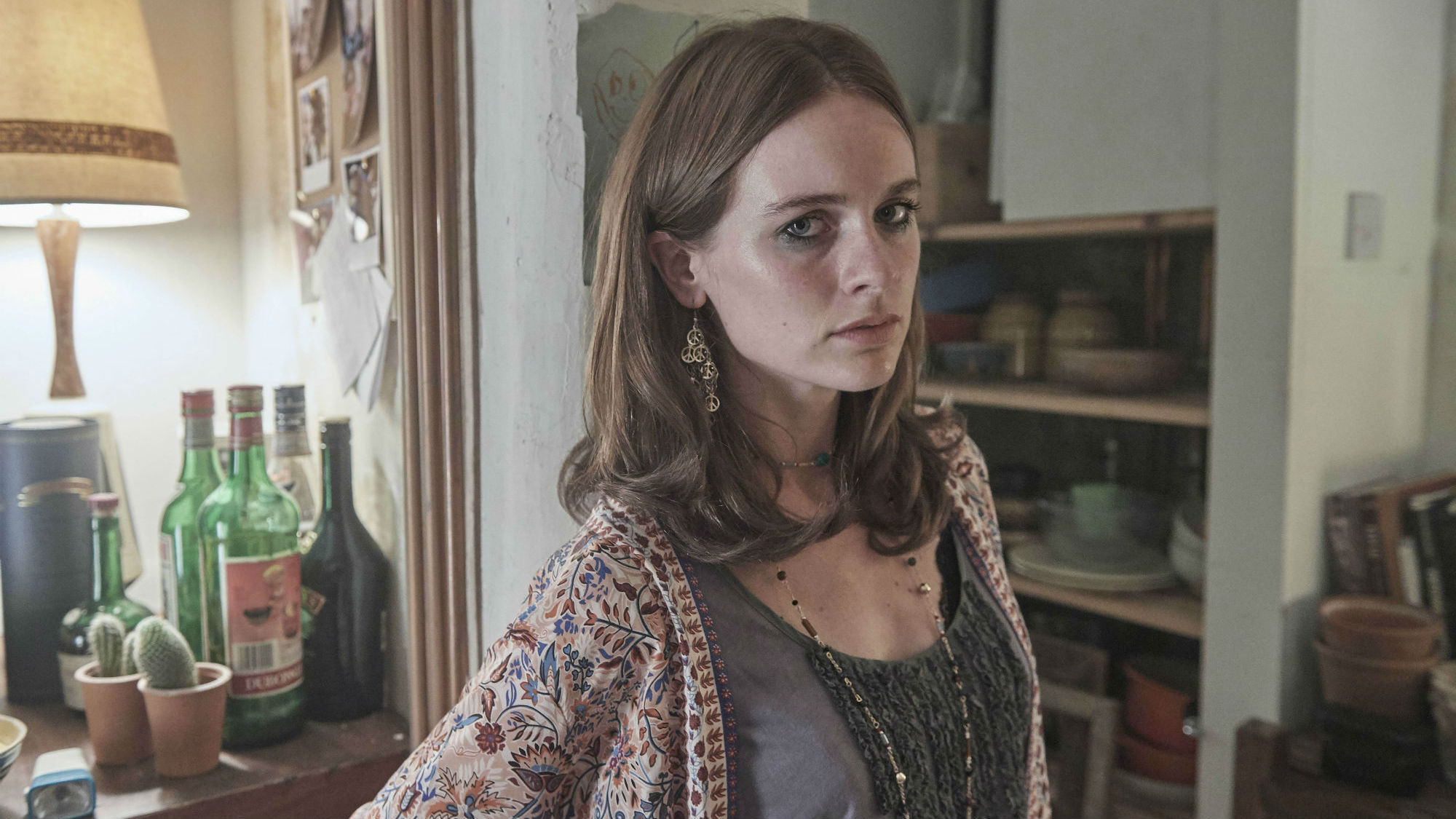
Celebrity news, beauty, fashion advice, and fascinating features, delivered straight to your inbox!
You are now subscribed
Your newsletter sign-up was successful
New ITV series White House Farm re-tells the infamous Bamber murders, with Prince Harry’s ex Cressida Bonas in a starring role. Here, Michelle Davies reveals the tragedy of a family massacred and how the double child killer was finally caught
The massacre at White House Farm was one of the worst to be committed on British soil. In the early hours of August 7 1985, farm owner Nevill Bamber and his wife June were shot dead at point blank range at their home in Tolleshunt D’Arcy, Essex, along with their adopted daughter Sheila Caffell and her twin sons, Daniel and Nicholas, who were visiting from London. The boys, only six years of age, were tucked up in bed still, the small mercy being that they must have been asleep when they were killed. It is credit to the makers of ITV’s new drama, White House Farm, that their characters are kept similarly hidden during a heartbreaking scene in the opening episode when Detective Sergeant Stan Jones (Game of Thrones’ Mark Addy) sees them in their beds. The anguish on his face is enough.
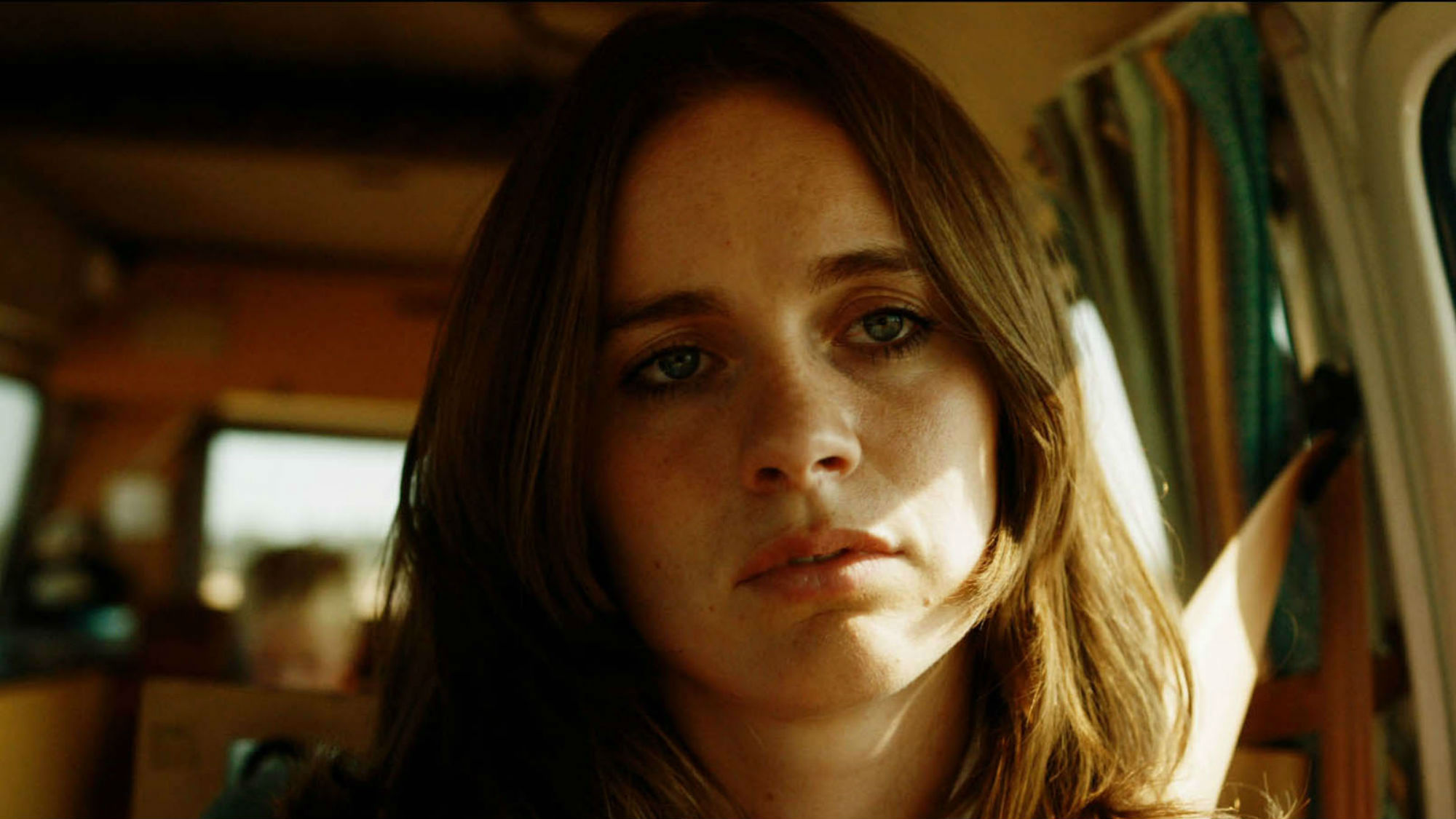
Bambi: the troubled mum
This was a truly horrifying crime – especially when the police immediately identified Sheila, 28, as the shooter. The former model, who had been diagnosed as schizophrenic and had undergone psychiatric treatment, was dead found in her parents’ bedroom with a semi-automatic rifleresting on her chest and a gunshot wound beneath her chin, prompting the police to assume she’d killed her family then committed suicide. Cementing this theory was a call made by her adopted brother Jeremy Bamber, who lived nearby, to the local police station just before 3.30am, to report his father had telephoned him to say Sheila had ‘gone berserk’ with a gun.
For the officer in charge, Detective Chief Inspector Thomas ‘Taff’ Jones (Line of Duty’s Stephen Graham), it was a clear case of murder-suicide and he ordered the bodies to be cleared from the house before it was properly forensically examined – an error which eventually led to significant changes to police procedures at crime scenes. But DS Stan Jones, who had been appointed family liaison to Bamber, noticed there were two entry wounds beneath Sheila’s chin and questioned how she could have shot herself twice. Doubts were also raised about whether Sheila, a slender 5ft 7in, was strong enough to overpower her muscular 6ft 4in father, whose body was found in the kitchen and showed signs of being beaten before being shot.
Trial by media
Those discrepancies weren’t enough to stop DCI Jones pursuing his murder-suicide theory though, and the subsequent media vilification of Sheila, known to friends as ‘Bambi’, was shocking even by today’s standards. With no consideration given to her complicated mental state, she was painted as a drug-addled, sex-obsessed young woman perfectly capable of murdering her twins.
‘From all I’ve read, she loved her children very much and was a good mother,’ said Cressida Bonas. ‘But she was a very vulnerable person who wasn’t heard and listened to.’
As viewers will see for themselves in the opening episode, Bonas is astonishing as Sheila, playing the character with a quiet, nuanced desperation. Colin Caffell, Sheila’s ex-husband and the father of the twins, said it ‘quite uncanny’ how alike her Cressida is in the role: ‘She’s captured the fragility of Sheila very well.’
Celebrity news, beauty, fashion advice, and fascinating features, delivered straight to your inbox!
White House Farm is Bonas’s first major TV drama and one she was desperate to land. ‘It feels so important to give Sheila a voice,’ the 30-year-old said. ‘It was so horrendous and cruel what happened [to her].’
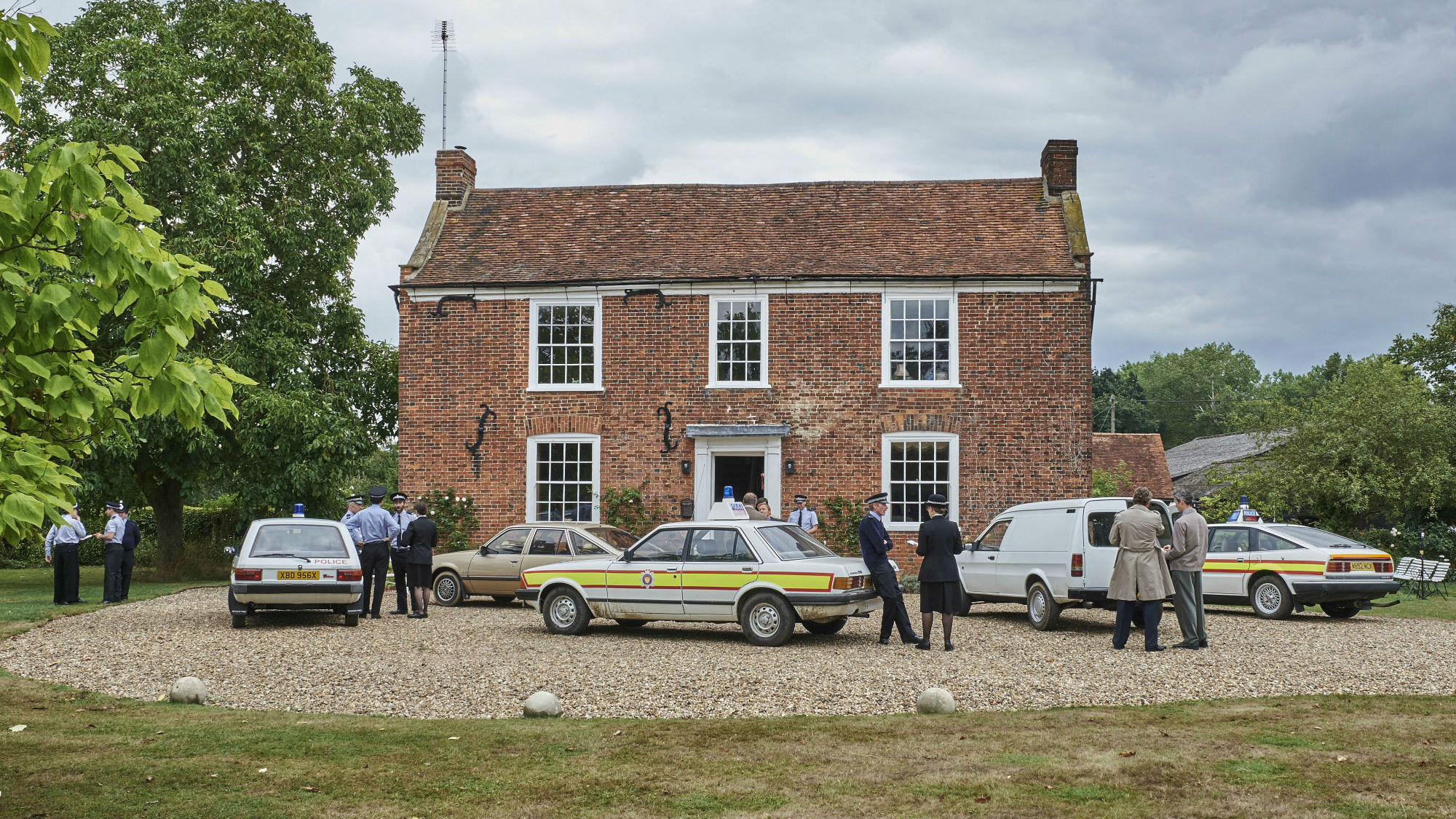
The real killer
What happened is that, despite portraying himself as the grieving son, brother and uncle after the massacre, Jeremy Bamber (Freddie Fox) had framed his sister to hide the fact he was the real killer. Four weeks after the killings, his girlfriend Julie Mugford (Alexa Davies) told the police he’d been plotting for 18 months to kill his family to inherit his parents’ £400,000 estate and on the night of the murders had rung her to say ‘it’s now or never’.
Further investigation revealed no evidence of any call from Nevill to Bamber on the night of the murders, suggesting the 24-year-old invented it to give himself an alibi. Then three days afterwards, a silencer was found tucked away in a cupboard by one of Bamber’s cousins, David Boutflour. It was forensically examined and traces of paint were found on it that matched the underside of a shelf in the kitchen, suggested the silencer had grazed the shelf while the killer struggled with Nevill in the kitchen before shooting him. However, the use of a silencer would also have lengthened the barrel of the rifle to such an extent that it would have been impossible for Sheila to reach the trigger to pull it to shoot herself not once but twice.
Bamber, who was proficient with firearms from working on his father’s farm, was subsequently arrested and charged with five counts of murder. He denied being the killer but was found guilty after a trial at Chelmsford Crown Court in October 1986. His defence team put forward the argument that Sheila could have shot her family – discharging the weapon 25 times – then stowed the silencer in the cupboard before going back upstairs to take her own life, but the jury did not believe it.
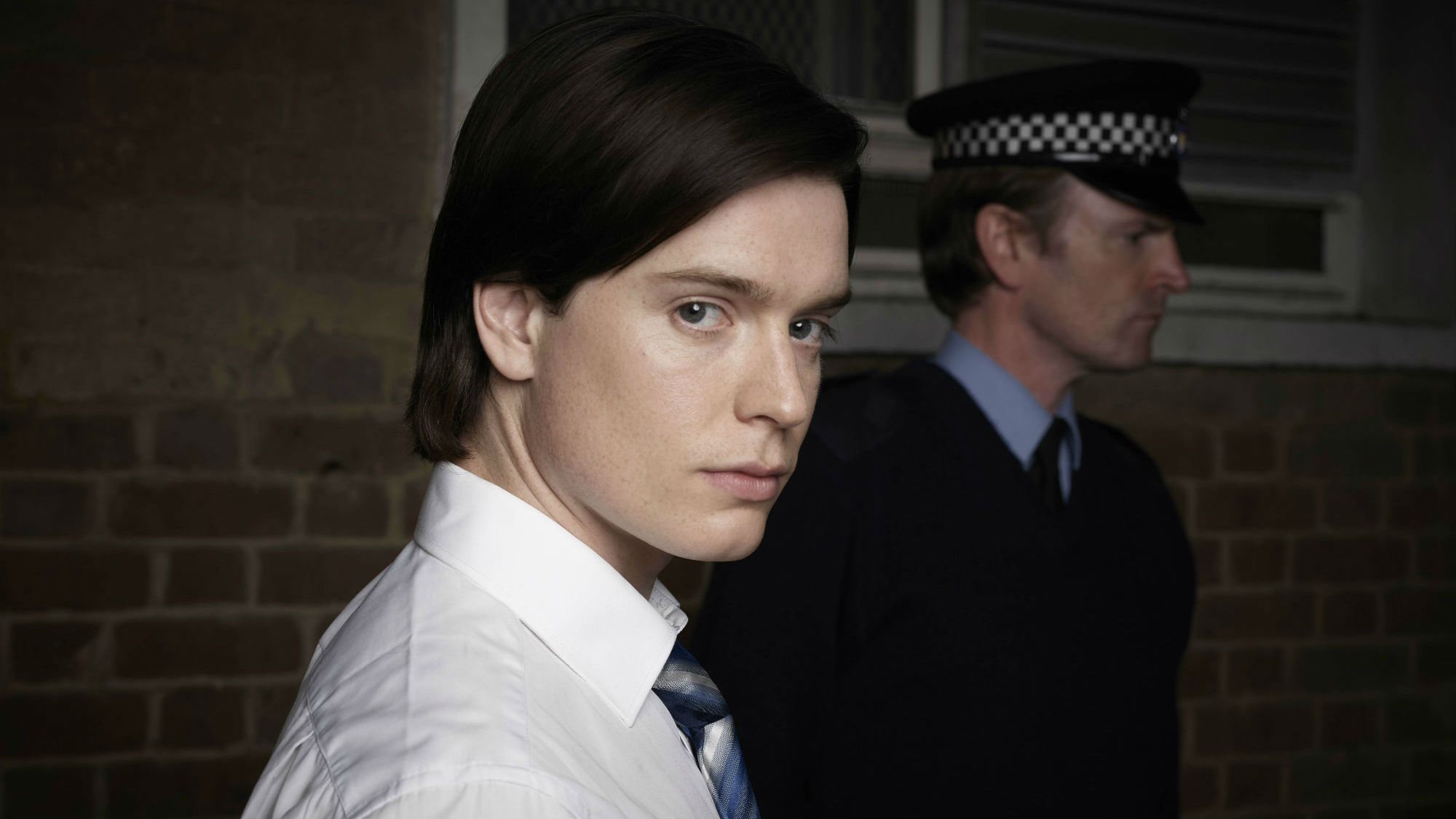
Bamber protests his innocence
Bamber was sentenced to life without parole but has protested his innocence ever since, attracting high profile supporters such as human rights campaigner Peter Tatchell. He’s twice appealed against his conviction, unsuccessfully, but on December 6 launched a high court challenge against the Crown Prosecution Service for failing to disclose evidence his legal team believes undermines the safety of his conviction.
In July 2010 Bamber alleged to The Sunday Times Magazine that Sheila was responsible for the killings but that other family members, including his cousins, then manufactured evidence against him and perjured themselves in order to claim the £400,000 inheritance themselves – which they did receive when he was disinherited on conviction. David Boutflour, the cousin who found the silencer in the cupboard, dismissed Bamber’s accusations at the time as ‘an absolute load of piffle’.
In the same interview Bamber also accused Mugford, who now lives in Canada, of implicating him because she was angry he wanted to break up with her. ‘She didn’t realise the consequences of making those allegations and starting the ball rolling,’ he said.
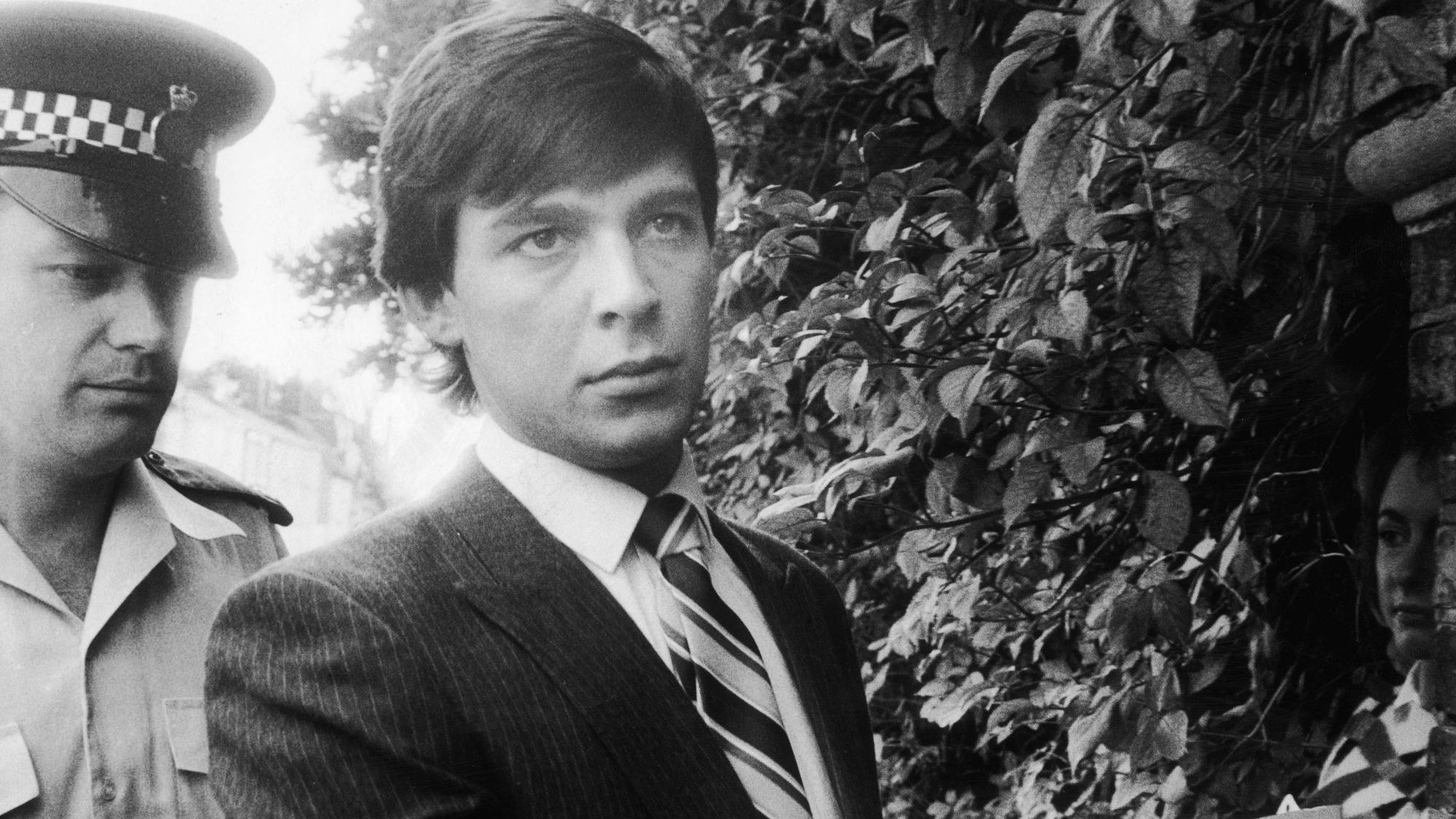
White House Farm vindicated
But one person who has absolutely no doubt about Bamber’s guilt is his former brother-in-law, Colin Caffell (portrayed onscreen by Mark Stanley). As the drama depicts, he and Bamber were united by their shared grief in the days after the murders. ‘Initially I was very much set up to be on Jeremy’s side,’ said Colin.
At first he was too shocked to process the horror of what happened, but when the details eventually filtered through he knew immediately Sheila wasn’t responsible. ‘Once people explained the circumstances to me, I said, “Sheila couldn’t have done that”. She had never picked up a rifle in her life and certainly never knew how to fire one or re-load one.’
Consulting on the ITV drama has given Colin the opportunity to finally re-write the narrative surrounding his ex-wife. In the past he’s rejected similar offers because they didn’t sit right with him, but the makers of White House Farm won him over because ‘this was the first time I had been approached with real respect and sensitivity’. He’s pleased the drama shows how attitudes towards mental health have, thankfully, moved on from those days when the media and police would vilify a woman like Sheila as a drug-addicted ‘nutter’.
‘People forget the details of this case but so many have stuck in their mind the impression that Sheila was a drug addict. She was not a drug addict. Sheila was very subdued by her prescribed medication,’ he explains. ‘[This drama] exonerates Sheila.’
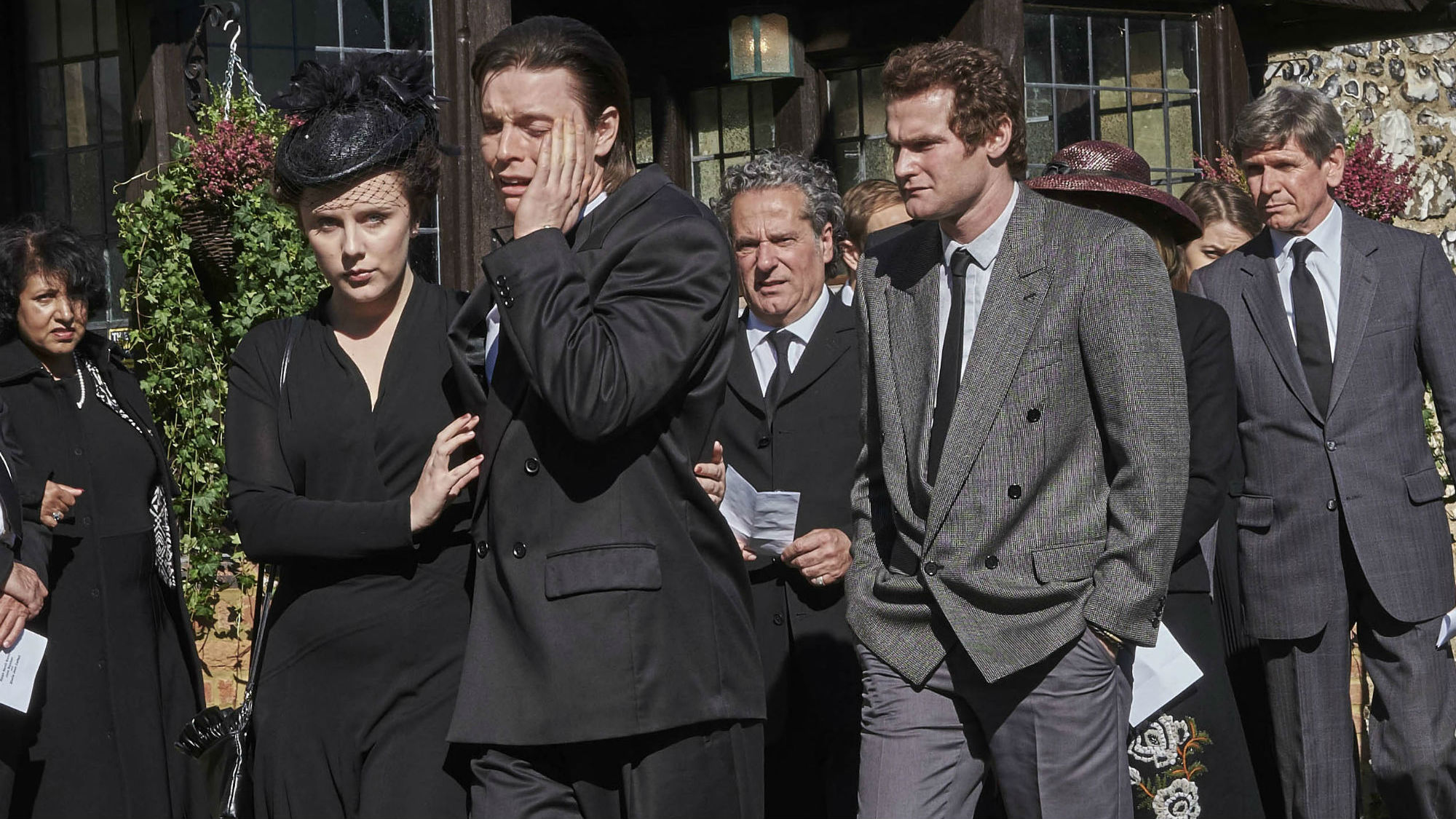
White House Farm is on ITV, 9pm Wednesday 8th January 2020
Maria Coole is a contributing editor on Marie Claire.
Hello Marie Claire readers – you have reached your daily destination. I really hope you’re enjoying our reads and I'm very interested to know what you shared, liked and didn’t like (gah, it happens) by emailing me at: maria.coole@freelance.ti-media.com
But if you fancy finding out who you’re venting to then let me tell you I’m the one on the team that remembers the Spice Girls the first time round. I confidently predicted they’d be a one-hit wonder in the pages of Bliss magazine where I was deputy editor through the second half of the 90s. Having soundly killed any career ambitions in music journalism I’ve managed to keep myself in glow-boosting moisturisers and theatre tickets with a centuries-spanning career in journalism.
Yes, predating t’internet, when 'I’ll fax you' was grunted down a phone with a cord attached to it; when Glastonbury was still accessible by casually going under or over a flimsy fence; when gatecrashing a Foo Fighters aftershow party was easy-peasy-lemon-squeezy and tapping Dave Grohl on the shoulder was... oh sorry I like to ramble.
Originally born and bred in that there Welsh seaside town kindly given a new lease of life by Gavin & Stacey, I started out as a junior writer for the Girl Guides and eventually earned enough Brownie points to move on and have a blast as deputy editor of Bliss, New Woman and editor of People newspaper magazine. I was on the launch team of Look in 2007 - where I stuck around as deputy editor and acting editor for almost ten years - shaping a magazine and website at the forefront of body positivity, mental wellbeing and empowering features. More recently, I’ve been Closer executive editor, assistant editor at the Financial Times’s How To Spend It (yes thanks, no probs with that life skill) and now I’m making my inner fangirl’s dream come true by working on this agenda-setting brand, the one that inspired me to become a journalist when Marie Claire launched back in 1988.
I’m a theatre addict, lover of Marvel franchises, most hard cheeses, all types of trees, half-price Itsu, cats, Dr Who, cherry tomatoes, Curly-Wurly, cats, blueberries, cats, boiled eggs, cats, maxi dresses, cats, Adidas shelltops, cats and their kittens. I’ve never knowingly operated any household white goods and once served Ripples as a main course. And finally, always remember what the late great Nora Ephron said, ‘Everything is copy.’
